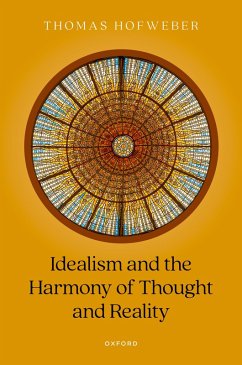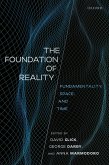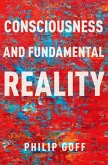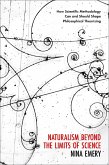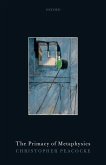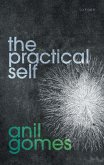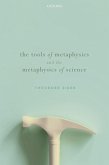Do human beings have a special and distinguished place in reality? In Idealism and the Harmony of Thought and Reality Thomas Hofweber contends that they do. We are special since there is an intimate connection between our human minds and reality itself. This book defends a form of idealism which holds that our human minds constrain, but do not construct, reality as the totality of facts. Reality as the totality of facts is thus not independent of our minds, and our minds play a metaphysically special role in all of reality. But reality as the totality of things is taken to be completely independent of us. Hofweber's proposed form of conceptual idealism is formulated via the notion of a harmony between our minds and reality. This harmony is defended through considerations in the philosophy of language. How can one possibly defend a metaphysical thesis like idealism from considerations about our own representation? A key step in the book's argument is to consider a special class of concepts--inescapable concepts--which we cannot rationally replace with different ones. This leads to a new approach for making progress in metaphysics--immanent metaphysics--which is broadly neo-Kantian in spirit.
Dieser Download kann aus rechtlichen Gründen nur mit Rechnungsadresse in A, B, BG, CY, CZ, D, DK, EW, E, FIN, F, GR, HR, H, IRL, I, LT, L, LR, M, NL, PL, P, R, S, SLO, SK ausgeliefert werden.

